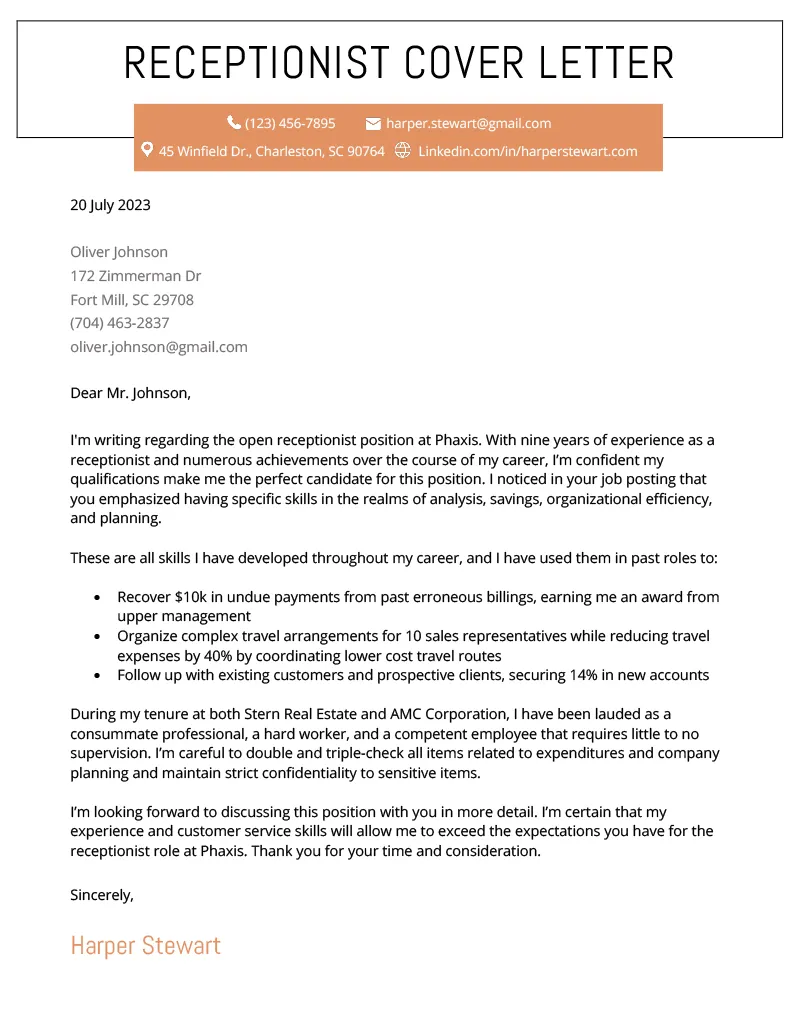Understanding the Secretary Role
A secretary plays a crucial role in the smooth operation of any office environment. They are the backbone of the administrative support system, often serving as the first point of contact for visitors and callers. Understanding the scope of this position is the initial step in crafting a compelling cover letter. The responsibilities extend beyond simple tasks, encompassing organizational, communication, and interpersonal skills. Effective secretaries manage schedules, coordinate meetings, handle correspondence, and provide essential administrative support. Their attention to detail, discretion, and professionalism are paramount to their success. The secretary’s ability to manage multiple tasks and maintain a positive and efficient environment is invaluable to the organization.
Key Responsibilities of a Secretary
The responsibilities of a secretary are diverse and essential to organizational efficiency. A well-written cover letter should highlight your ability to perform these tasks competently. This includes managing calendars, scheduling appointments, and coordinating travel arrangements, which are all vital for executives and teams. Secretaries handle incoming and outgoing communications, including emails, mail, and phone calls, ensuring all correspondence is professionally managed. They also prepare reports, presentations, and other documents, demonstrating proficiency in various software applications. A significant part of the role involves organizing and maintaining office systems, such as filing and record-keeping. Additionally, secretaries often manage office supplies, equipment, and vendors, playing a critical role in keeping the office running smoothly.
Essential Skills for Secretary Success
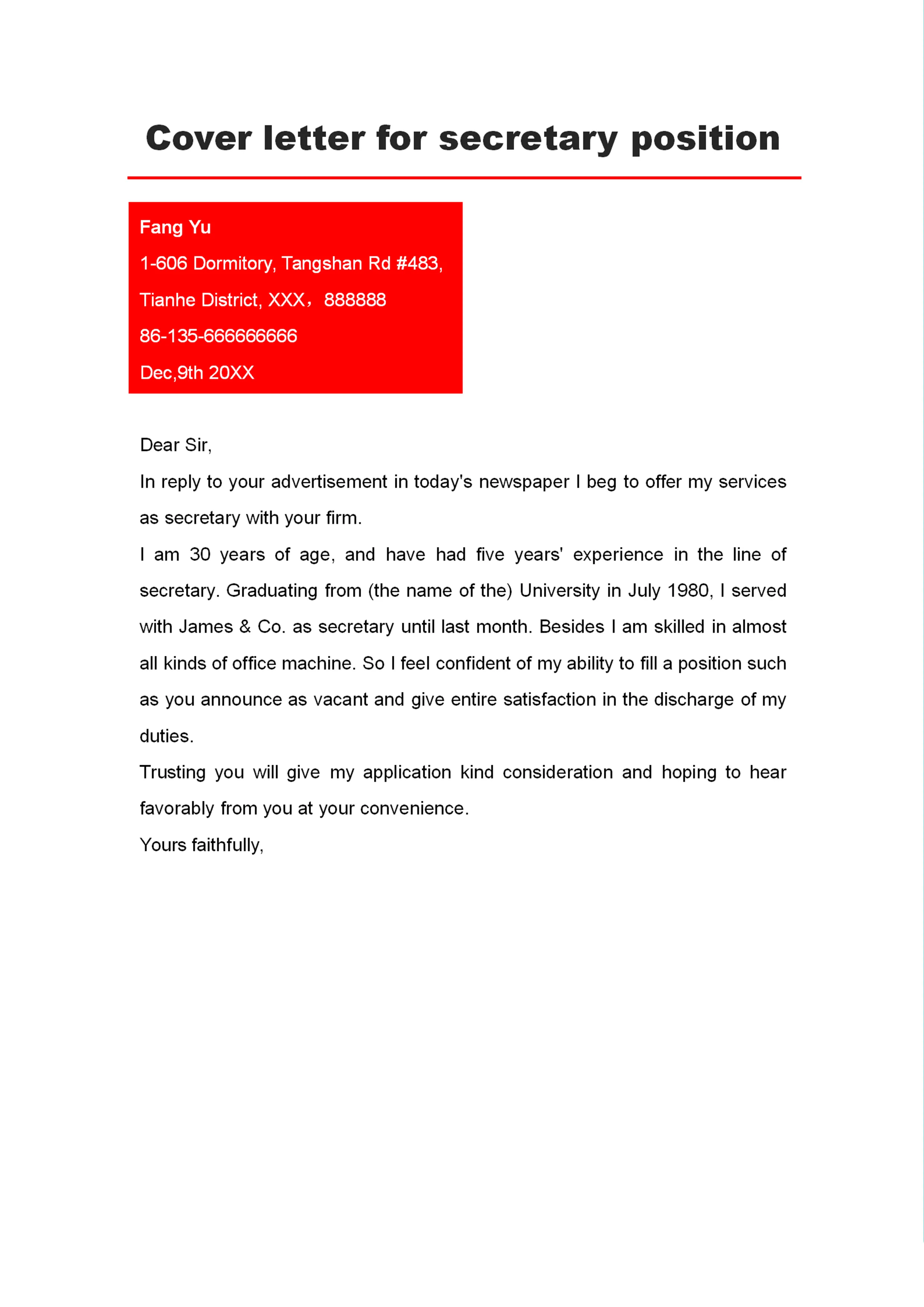
To excel as a secretary, certain skills are indispensable, and emphasizing these in your cover letter is critical. Strong organizational skills are necessary to manage multiple tasks, deadlines, and priorities effectively. Excellent communication skills, both written and verbal, are essential for interacting with colleagues, clients, and vendors. Proficiency in computer software, including word processing, spreadsheets, and presentation tools, is also vital. Discretion and confidentiality are key in handling sensitive information. Other important skills include attention to detail, time management, and the ability to work independently and as part of a team. A positive attitude, problem-solving abilities, and a proactive approach to tasks are all important attributes that contribute to secretarial success.
Crafting Your Secretary Cover Letter
The cover letter is your chance to showcase your skills and experience. It should be clear, concise, and tailored to the specific job. Your letter should highlight your abilities, demonstrate your interest in the role and the company, and persuade the hiring manager to invite you for an interview. A well-structured cover letter will catch the eye of the hiring manager. It should create a strong impression. Use a professional tone and correct grammar and spelling throughout your letter. Make sure to tailor your letter by mentioning specific skills and experiences to the requirements mentioned in the job description. Proofreading is critical to eliminate any errors.
Header of Your Cover Letter
The header sets the stage for your cover letter. It must be professional and include your contact information: full name, address, phone number, and email address. This information allows the hiring manager to easily reach you. Make sure that your email address is professional. Include the date and the recipient’s information, including the name of the hiring manager and the company’s address. Proper formatting in the header shows your attention to detail, a critical skill for a secretary. Ensure your header is aligned and clean, reflecting your organizational skills.
Salutation and Introductory Paragraph
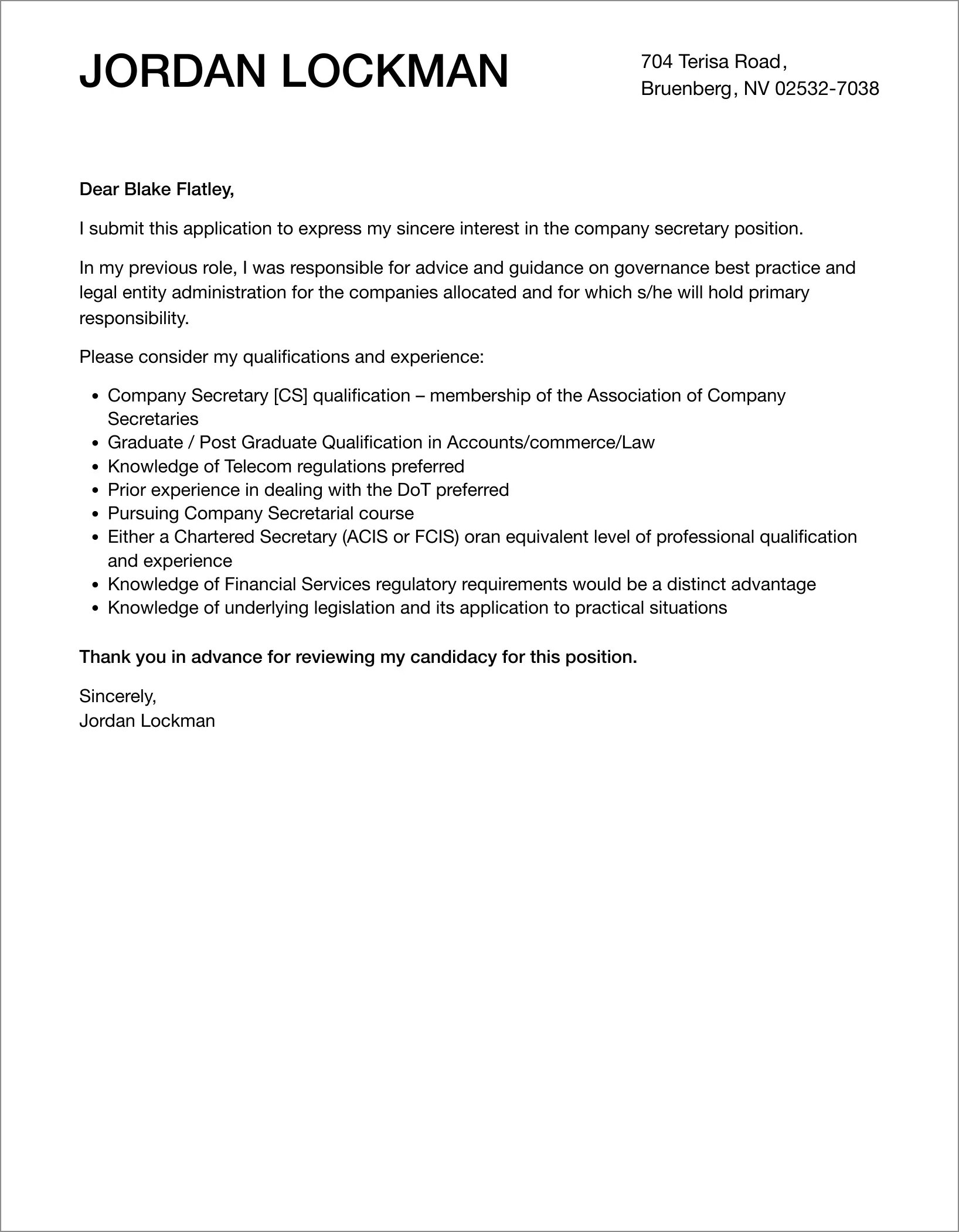
The salutation starts your cover letter, such as ‘Dear Mr./Ms. [Last Name]’. If you don’t know the hiring manager’s name, use a professional alternative such as ‘Dear Hiring Manager’. Your introductory paragraph should grab the reader’s attention immediately. Clearly state the position you’re applying for and where you found the job posting. Briefly summarize your qualifications and your interest in the company. Avoid generic greetings, use a warm and engaging opening, highlighting your enthusiasm. Express your strong desire to contribute your secretarial skills to their team. Make it clear why you are a good fit for the role, making the hiring manager want to learn more.
Body Paragraph 1 Showcasing Your Skills
In the first body paragraph, showcase your most relevant skills. Refer to the job description to identify the key requirements. Provide examples of your skills. For example, highlight your organizational skills by mentioning your experience managing complex schedules or coordinating events. Illustrate your communication skills by describing your ability to handle correspondence or communicate with clients. Your technical skills should also be noted. This includes proficiency in relevant software. Your goal is to highlight the unique value you bring to the role.
Highlighting Relevant Experience
The second body paragraph should focus on your relevant experience. Mention your previous roles and the responsibilities you held. Focus on experiences. Use the job description as a guide to pick out relevant examples. Describe how your past roles have prepared you for the secretarial position. If you’re an entry-level candidate, highlight any internships, volunteer work, or academic projects that demonstrate transferable skills. When you talk about experience, try to show how you have used your skills to solve problems and improve processes. Provide concrete examples of how you have contributed to previous organizations.
Quantifying Your Achievements
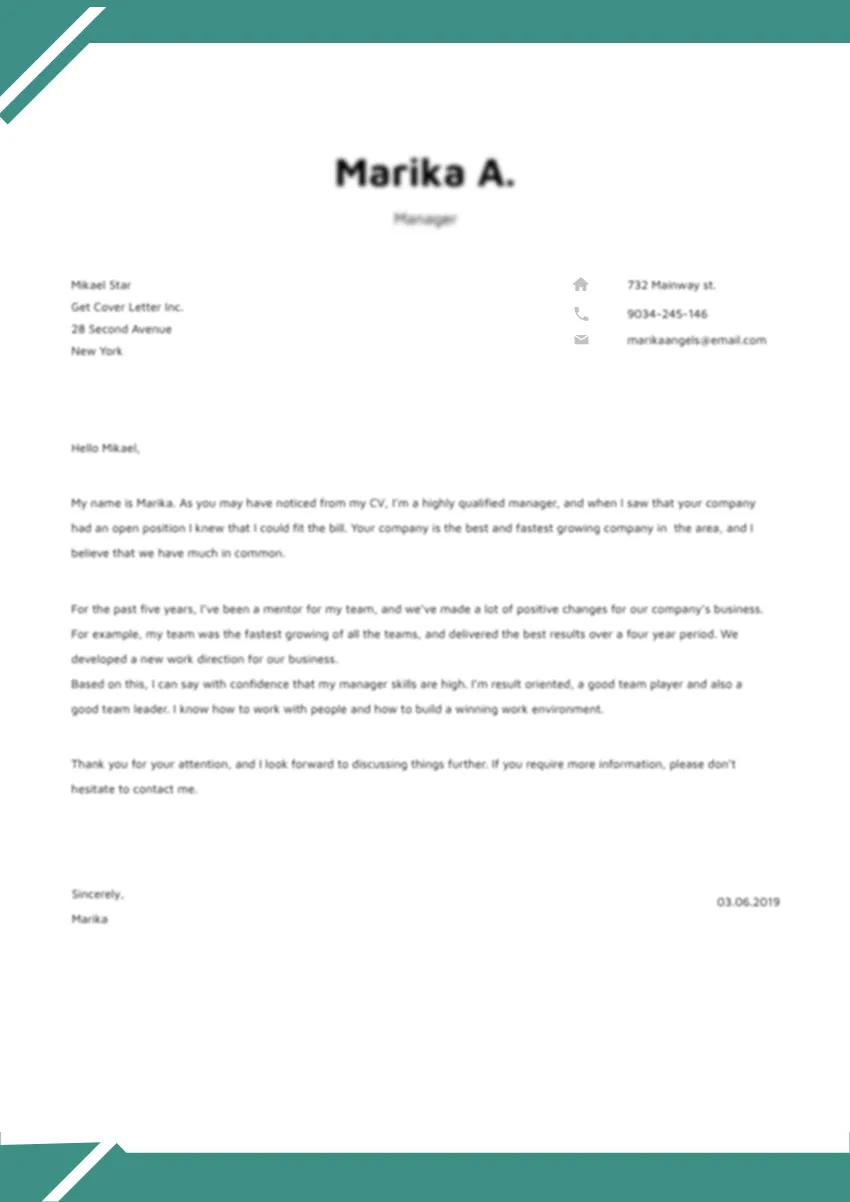
Quantifying your achievements gives your cover letter more power. Use numbers and data to show your impact in previous roles. For example, you can say, ‘Managed a schedule for a team of 10 professionals.’ Or, ‘Improved office efficiency by 15% by implementing new filing systems’. The numbers make your achievements more concrete and memorable. Use data to demonstrate the benefits of your skills and expertise. The key is to showcase your contributions and make them measurable. Quantifying your achievements creates a strong impression on the hiring manager.
Body Paragraph 2 Demonstrating Your Enthusiasm
In your second body paragraph, express your enthusiasm for the role and the company. Show your interest in the company’s mission, values, or culture. Do some research to demonstrate your knowledge of the organization. Explain what attracts you to this specific role and why you are excited about the opportunity. Show them you did your homework on the company, which goes a long way. Your enthusiasm makes you sound like a great candidate for the job. This personal touch can set you apart from other applicants. Remember to maintain a professional tone while expressing your passion.
Expressing Your Interest in the Company
Expressing your interest in the company shows you have taken the time to learn about them. Discuss the company’s mission, values, or recent accomplishments. Explain how you align with the company’s goals and how your skills can contribute to their success. Reference specific projects, initiatives, or products. This demonstrates that you are genuinely interested and not just sending out a generic cover letter. This shows you are excited and that you believe in the company. Make it clear that you envision yourself as part of their team.
Tailoring Your Letter to the Job Description
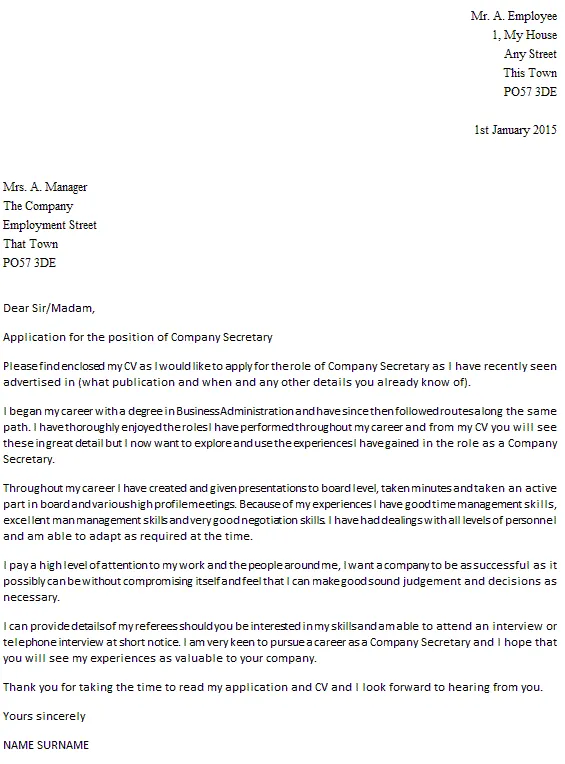
Customize your cover letter for each job application. Read the job description carefully. Identify the key requirements and skills the employer is seeking. Match your skills and experience with these requirements. Use keywords from the job description in your letter. Tailoring your letter shows that you are taking the time to understand the role and the company. Customize your cover letter for each role. This will make you stand out from the other applicants. Your ability to tailor your letter demonstrates attention to detail and a commitment to the role.
Body Paragraph 3 Emphasizing Your Value
In your final body paragraph, summarize your value proposition. Reiterate your key skills and experiences that make you a strong fit. Emphasize how you can contribute to the company’s success. Focus on what you can bring to the role. You want to show why they should pick you. Make it clear what makes you the best candidate for the job. Provide an overview of the value you offer and how you can make an impact.
Focusing on Problem-Solving and Efficiency
Highlight your problem-solving and efficiency skills. Give examples of how you have improved processes or resolved issues in past roles. Show how you have increased efficiency or reduced costs. Detail your ability to manage multiple tasks and prioritize effectively. These details highlight your ability to contribute to the smooth running of the office. Highlight any experience you have with time management tools and techniques. Your ability to increase efficiency and solve problems can be a great asset.
The Closing of Your Cover Letter
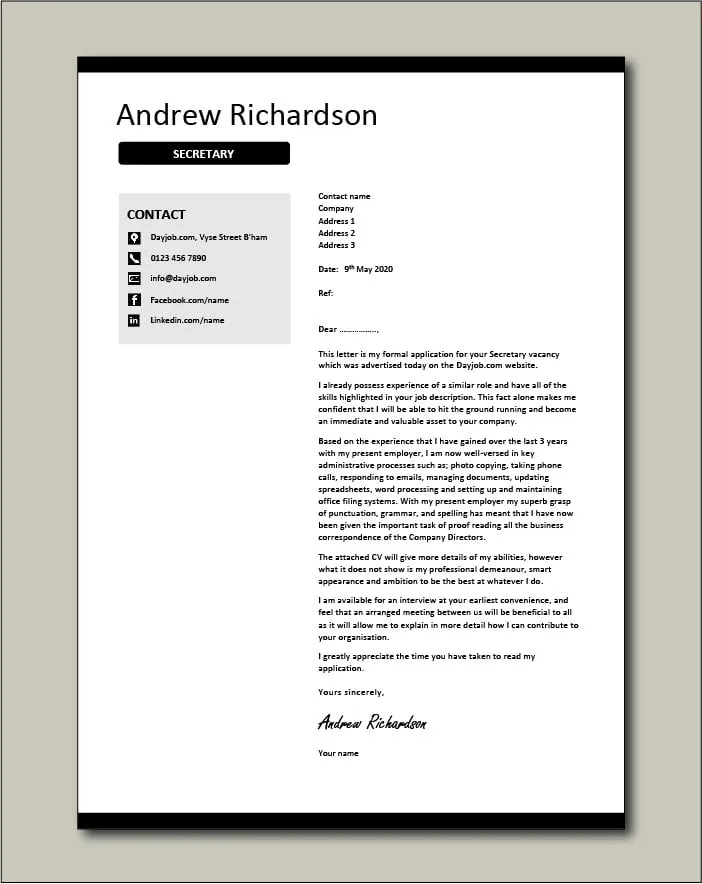
The closing paragraph is your opportunity to express your interest in an interview and thank the reader. Thank the hiring manager for their time and consideration. Clearly state your availability for an interview. Use a professional closing phrase, such as ‘Sincerely’ or ‘Best regards’. Reiterate your eagerness to learn more about the opportunity. Make sure you are available for contact. This helps the hiring manager contact you.
Formal Closing and Signature
Choose a professional closing. Examples are ‘Sincerely,’ ‘Best regards,’ or ‘Yours truly.’ Type your full name below your closing. If you are submitting a printed cover letter, leave space for your signature above your typed name. Ensure the signature is legible. This final touch adds a personal and professional touch to your cover letter. Your closing and signature are crucial to making a good first impression.
Proofreading and Editing Your Cover Letter
Before sending your cover letter, carefully proofread and edit it. Check for any grammatical errors, spelling mistakes, and typos. Make sure the tone of your letter is appropriate for the role and the company. Read your cover letter aloud to catch any awkward phrasing. Ask a friend or family member to review it. Proofreading ensures your letter is polished and error-free. Proofreading is your last chance to remove errors, before you send it to the hiring manager. A polished cover letter shows attention to detail.
Common Mistakes to Avoid
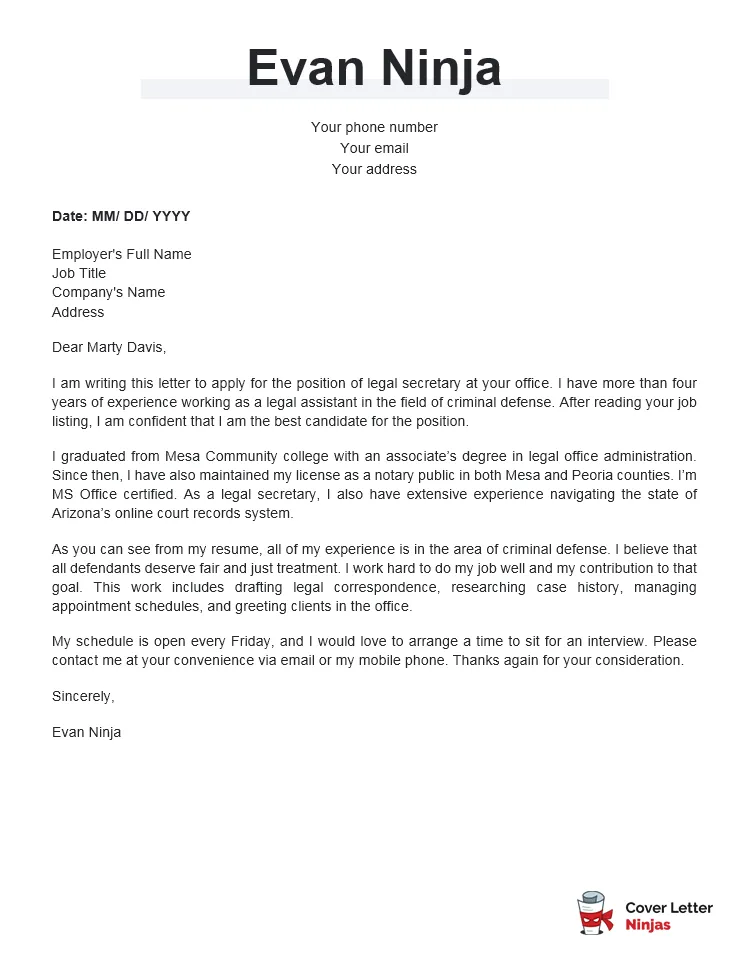
There are several common mistakes to avoid when writing a secretary cover letter. Avoid using generic templates that do not reflect your personal skills. Ensure that the letter is tailored to the job. Do not include irrelevant information. Keep the letter concise and to the point. Do not use slang or informal language. Avoid making spelling or grammatical errors. Poor grammar and spelling will cause a negative impression. Never lie or exaggerate your qualifications. Be honest about your skills and experience. Always send the cover letter in a professional format.
Secretary Cover Letter Examples
Reviewing examples can give you ideas. Here are different scenarios to show you how to write a cover letter. Use the examples as a guideline. However, customize your letter to fit your own experience and the job description. The main goal is to provide a clear idea of how to highlight your skills and accomplishments. The examples should give you a good template for each scenario.
Example 1 Entry-Level Secretary
An entry-level secretary cover letter focuses on transferable skills. Highlights include organizational skills, communication abilities, and computer proficiency. Focus on relevant coursework, internships, or volunteer experiences. Mention any projects where you demonstrated these skills. This demonstrates a desire to learn and contribute. This example should focus on the candidate’s potential. A strong entry-level cover letter will showcase eagerness and a willingness to learn.
Example 2 Experienced Secretary
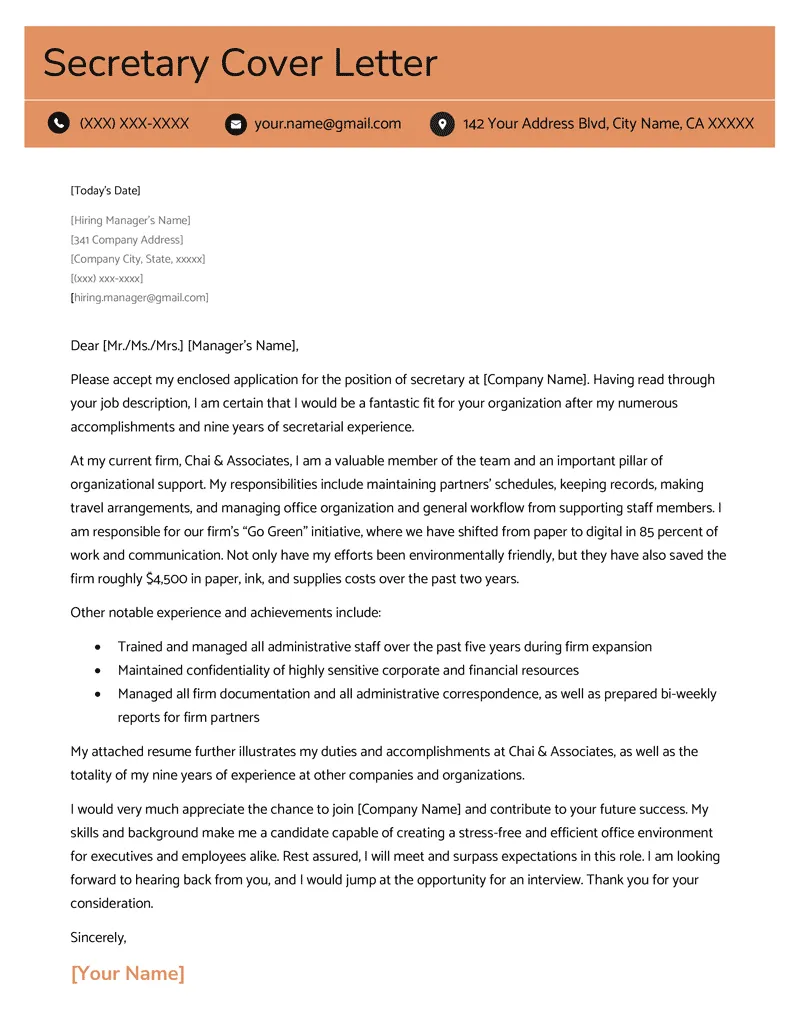
For an experienced secretary, the cover letter emphasizes past achievements. Highlight specific accomplishments, such as managing complex schedules, improving office efficiency, or streamlining processes. Use numbers to quantify achievements. Demonstrate your ability to work independently and handle diverse responsibilities. Provide proof of your expertise. Show the hiring manager why you are perfect for the job.
Example 3 Executive Secretary
An executive secretary cover letter focuses on skills that are used at an executive level. Highlight your ability to manage high-level administrative tasks. Showcase your experience supporting executives or senior managers. Mention your experience handling confidential information, preparing reports, and coordinating complex projects. Your ability to multitask and handle many tasks is important. This shows the hiring manager your ability to manage the demands of supporting an executive. Your ability to multitask is also a great skill.
